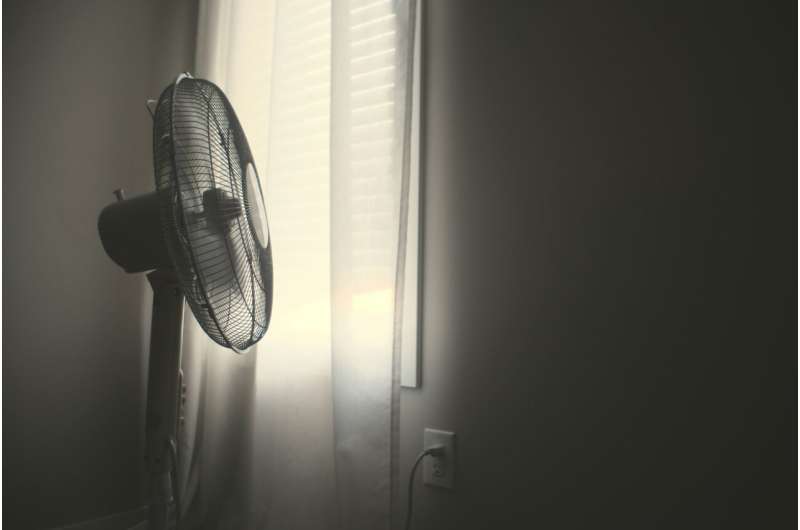The Impact of Fans on Older Adults During Dry Heat: A Closer Look

Research highlights that using fans can help older adults stay cooler in humid heat, but may increase heat stress in dry conditions. Learn more about effective cooling strategies for seniors.
Recent research led by the Montreal Heart Institute has shed light on how electric fan use affects older adults during extreme heat conditions. The study found that in hot and humid environments, specifically at 38°C with 60% relative humidity, using a fan can help modestly lower core body temperature and enhance comfort levels. Conversely, at temperatures reaching 45°C with very low humidity (15%), fan use may actually increase core temperature and cause greater discomfort.
The study involved 58 community-dwelling seniors with an average age of 68, including some with coronary artery disease. Participants underwent multiple laboratory heat exposures in controlled climate chambers simulating different environmental conditions. The key findings demonstrated that in humid conditions, fans increased sweating, reduced rectal temperature slightly, and improved thermal sensation and comfort levels. Adding skin wetting further amplified these positive effects, especially when combined with fan use.
However, in dry heat scenarios, fan use was counterproductive, raising core temperature and boosting sweating, which worsened thermal perception and comfort. Skin wetting alone helped reduce sweating and enhanced comfort without impacting core temperature.
Health authorities advise caution with fan use above 32°C because of concerns that increased airflow can accelerate heat gain in vulnerable populations. While some modeling suggests airflow might be beneficial at high temperatures when humidity is high, the effects in very dry conditions need careful consideration. The recent study suggests that fans can be a low-cost, safe cooling strategy for older adults in humid environments, but they should be avoided in extremely hot, dry settings.
Additionally, simple skin wetting techniques can help manage heat stress and dehydration risks. Public health messages may need to be updated to reflect these nuanced findings to better protect seniors from heat-related health issues.
Source: https://medicalxpress.com/news/2025-07-fan-older-adults-hotter-dry.html
Stay Updated with Mia's Feed
Get the latest health & wellness insights delivered straight to your inbox.
Related Articles
Link Between Gut Microbiome, Food Insecurity, and Cognitive Decline in Adults
New research links gut microbiome composition and food insecurity to an increased risk of cognitive impairment in adults, highlighting the importance of gut health in brain wellness and social factors affecting it.
Expert Guidance on Using Apple Watch for Heart Health Monitoring to Support Patients and Clinicians
The American College of Cardiology offers new guidance on leveraging Apple Watch features for heart health monitoring, aiding patients and clinicians in effective cardiovascular care.
Enhancing Prevention Strategies for Common Type of Stroke: Insights from Recent Research
New research shows that modifiable risk factors like smoking and high blood pressure are key to preventing the common type of stroke—subarachnoid hemorrhage—which remains a significant health concern worldwide. Proactive public health efforts can further reduce its incidence and related disabilities.
Innovative Algorithm Speeds Up Cell Identification to Improve Cancer Treatment Selection
A new AI-driven algorithm called TACIT can identify cell types within tissues in just minutes, revolutionizing cancer diagnostics and personalized treatment planning by providing fast, accurate cellular analysis.



